Fall 2019
| Course Number | Course Description | Professor |
|---|---|---|
| 204 | Business and Technical Writing | Multiple Instructors |
| 208 | Introduction to Public Speaking | Multiple Instructors |
| 221 | Gray | |
| 222 | Travels in World Literature | Doughty |
| 230 | Literature and Popular Culture | Burgoyne |
| 232 | Children's Literature | Wytenbroek |
| 240 | Ways of Reading | Armstrong |
| 274 | Traditions and Transformations | Crover |
Spring 2020
| Course Number | Course Description | Professor |
|---|---|---|
| 204 | Business and Technical Writing | Multiple Instructors |
| 208 | Introduction to Public Speaking | Multiple Instructors |
| 220 | Canadian Literature in Context | Moosa |
| 231 | Atkinson | |
| 233 | Literature and Film | Stephens |
| 273 | Ancients and Moderns | Doughty |
| 280 | Book Club | Watkins |
| 201 | Film Studies | Armstrong |
Fall 2019 – Course Descriptions
ENGL 204: Business and Technical Writing
Multiple Sections

An introduction to business and technical communication skills with a focus on documents (such as letters and reports) and presentations. Topics may include planning, outlining, summarizing, presenting data, handling references, and editing. The course comprises several practical assignments, including a formal report and an oral presentation. ENGL 204 was formerly called ENGL 225; credit will not be granted for both courses.
ENGL 208: Introduction to Public Speaking: Communication
Multiple Sections
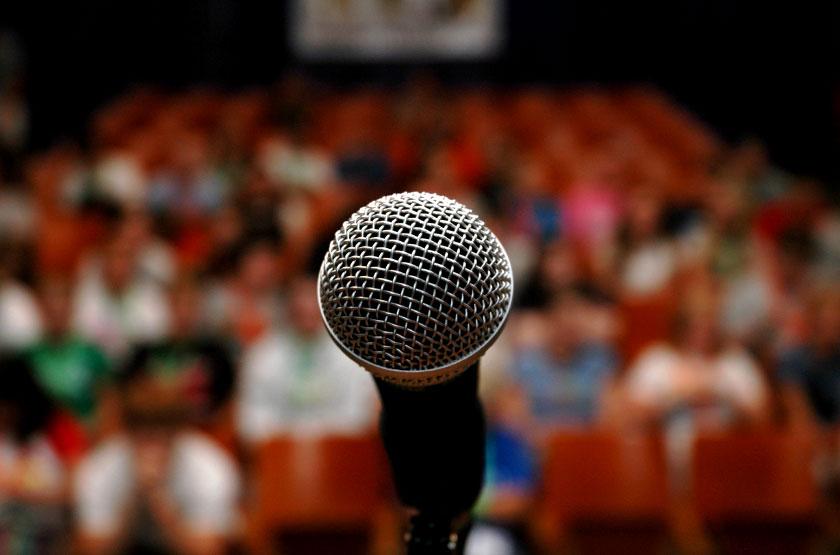
An introduction to public speaking that focuses on the creation, organization, and delivery of speeches for non-dramatic purposes. It provides the rhetorical principles of effective and ethical public speaking, offers opportunities to become familiar with different speaking situations, and attempts to instil a sense of the importance of public speech. ENGL 208 was formerly called THEA 203; credit will not be granted for both courses.
ENGL 221: North American Indigenous Literature
Professor Nelson Gray
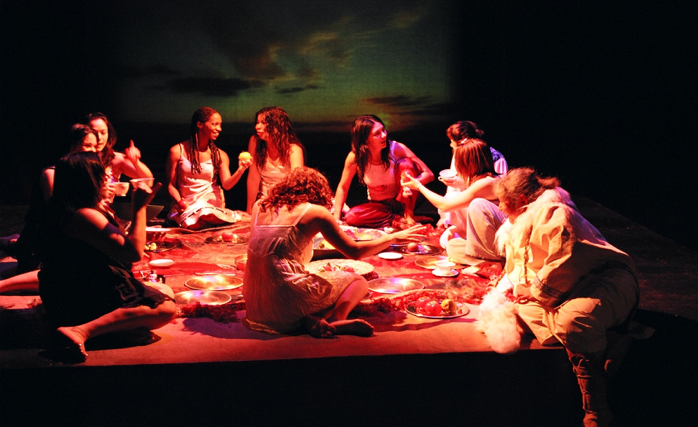
This is an exciting time to be studying Indigenous literature. By bringing their lived experience to the fore in startling fresh ways, Indigenous authors are confronting and working through the abuses of colonization, affirming and re-imagining Indigenous identities, and telling compelling stories of courage, healing, and transformation. In so doing, they are providing a significant contribution to post-colonial and ecologically-informed ways of seeing and profoundly altering the consciousness of our time.
In English 221, we’ll be considering a range of poems, plays, and fiction by some outstanding Indigenous writers and enhancing our discussions with input from North American Indigenous Elders and with references to Indigenous film and music.
ENGL 222: Travels in World Literature
Professor Terri Doughty

Blended Delivery; Available Entirely Online
ENGL 230: Literature and Populat Culture: The Fantastic Box Office
Professor Daniel Burgoyne
Most of the top grossing films and television shows are fantasy or science fiction. A similar story plays itself out at the bookstore, especially if we add up the number of Children’s and YA books that belong to these genres. Fantasy is arguably the dominant imaginative mode of pop culture in our time. This course will examine intersections between fantasy and popular culture from the early twentieth century through to today. Some attention will be given to cultural theories that try to explain and critique pop culture and explain the role of fantasy in our society. Here are some of the works we’ll read and view: J.R.R. Tolkien’s The Hobbit (and Peter Jackson’s film adaptation), Margaret Atwood’s The Handmaid’s Tale (and the television adaptation), Diana Wynne Jones’ Howl’s Moving Castle (and Studio Ghibli’s anime of the same name), George R. R. Martin’s A Game of Thrones (and the first season of HBO’s series), and Neil Gaiman’s American Gods (and the television adaptation).
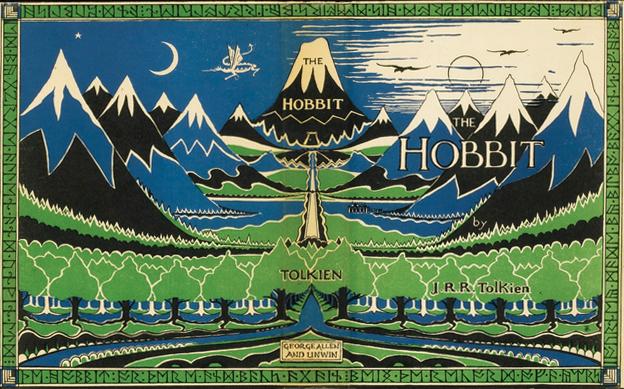
ENGL 232: Children's Literature
Professor Lynn Wytenbroek
“To teach and to delight” is, perhaps, the best description of really good children’s literature. “Teaching” without “delight” creates moralistic, didactic novels that no child really wants to read while “delighting” without “teaching” can lead to a lot of mindless, if entertaining, books. Children’s literature has a long history, and has changed enormously over that time in some ways. And yet there are commonalities between the oldest texts for children and the most recent children’s literature, including the fact that much children’s literature, from picture books for very young children through to novels for young adults, reflects the world to young readers in ways they can grasp yet which present a reality that is not always easy or kind. This course will examine both older and contemporary texts for children and young adults across the genres, looking particularly at how they reflect reality, preparing their young readers for the real world while entertaining them at the same time.
ENGL 240: Ways of Reading
Professor Clay Armstrong
This course will examine the origins and practice of New Criticism, a way of reading literature that dominated the university classroom for much of the twentieth century. Rather than seeing poetry and fiction through the lens of cultural history or the intent of the author, New Criticism focuses more concretely on “close reading” of the text—the thing itself. Students will explore key essays associated with the development of New Criticism and a range of literatures that draw attention to play between form and content, or texture and structure. Through the major research project, students will be encouraged to explore other critical perspectives that New Criticism at once reacts to and inspires (e.g. New Historicism, Reader-Response). Course literature may include selections from William Shakespeare, Emily Dickinson, TS Eliot, Amy Lowell, Randall Jarrell, William Faulkner, Flannery O’Connor and Sylvia Plath.
ENGL 274: Traditions and Transformations
Professor Sarah Crover
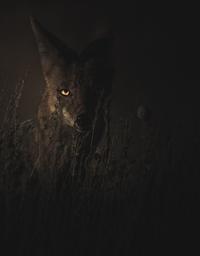
What does it mean to be human? Are we animals or not? At what point do we cease to be recognizably human? Literature involving metamorphosis, particularly transformations from the human into the non-human, reveals our enduring fascination with the unstable boundary between self and other across cultures and generations. To some, the shift between human and nonhuman animal body signified a successful connection with the greater powers of the natural world. To others, it meant degeneration and failure to live up to ‘superior’ human traits. In this course we will explore humorous, tragic or frightening tales of metamorphosis from Ancient Greece to modern day Japan in poems, plays, novels and films. Possible texts include Ovid’s Metamorphosis, Lyly’s Galatea, Shakespeare’s Venus and Adonis, Mayr’s Dr Edith Vane and the Hares of Crawley Hall, Justice’s The Boys who Became Hummingbirds, and movies such as Miyazaki’s Spirited Away and Fawcett’s Ginger Snaps.
Spring 2020 – Course Descriptions
ENGL 204: Business and Technical Writing
Multiple sections

An introduction to business and technical communication skills with a focus on documents (such as letters and reports) and presentations. Topics may include planning, outlining, summarizing, presenting data, handling references, and editing. The course comprises several practical assignments, including a formal report and an oral presentation. ENGL 204 was formerly called ENGL 225; credit will not be granted for both courses.
ENGL 208: Introduction to Public Speaking: Communication
Multiple Sections
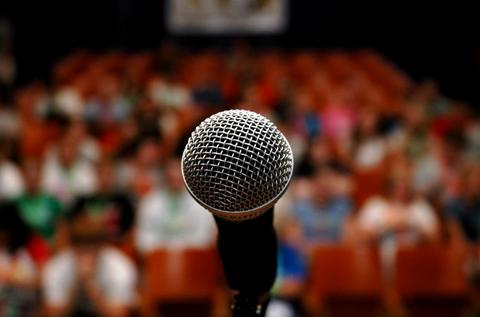
An introduction to public speaking that focuses on the creation, organization, and delivery of speeches for non-dramatic purposes. It provides the rhetorical principles of effective and ethical public speaking, offers opportunities to become familiar with different speaking situations, and attempts to instil a sense of the importance of public speech. ENGL 208 was formerly called THEA 203; credit will not be granted for both courses.
ENGL 220: Canadian Literature in Context
Professor Farah Moosa
A topical introduction to Canadian literature in a broader cultural context. The course explores distinctive elements of Canadian literature as well as characteristics shared with other cultures, historical and modern. ENGL 220 was formerly called ENGL 205 and ENGL 206; credit will not be granted for both courses.
ENGL 231: Speculative Literature
Professor Anna Atkinson
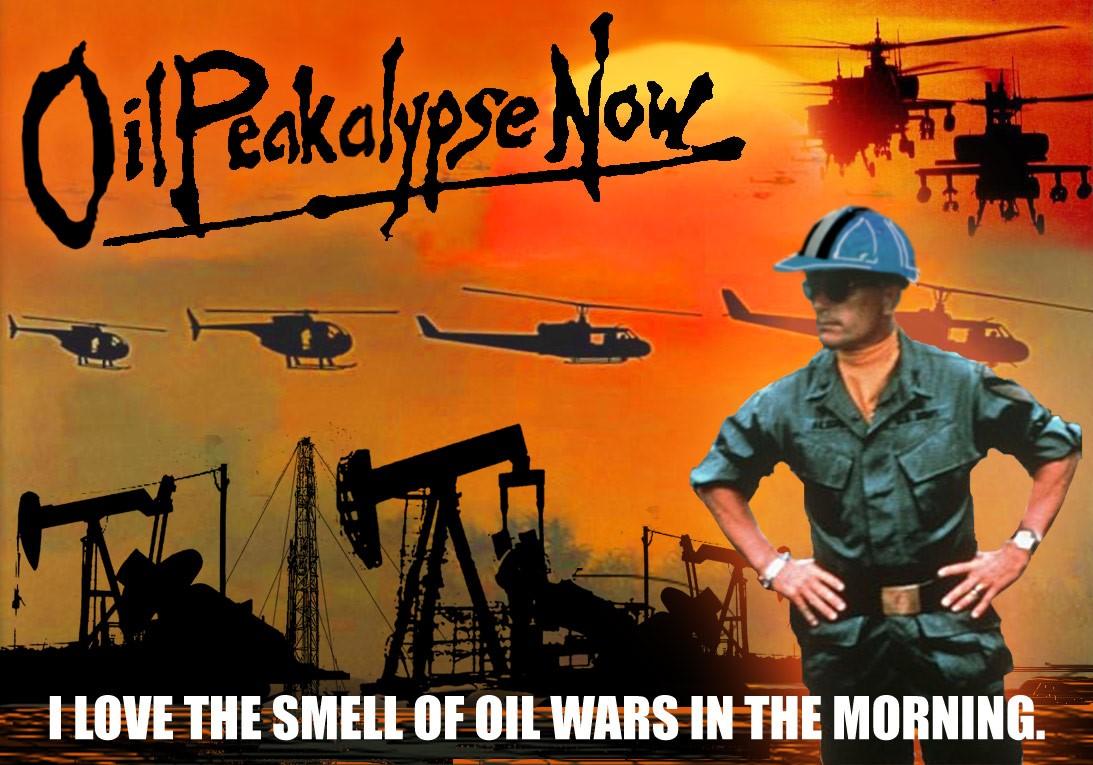
English 231: Post-Carbon Fiction
Fossil fuels began as an interesting and useful source of energy, but in the past two generations they have become the fuel that runs western culture and its economy. Virtually every aspect of life as it is experienced and practiced in North America (and Western Culture in general) is deeply touched by the use/consumption of oil. That is about to end.
Whether the end comes quickly or slowly, the impact will be profound. In fact, the impact will be such that it may be, nearly literally, unimaginable, because it will reach far past the obvious cost of gasoline and home heating to the related issues of climate change and food security—not to mention the threat that severe resource restrictions always brings to bear on human rights. But the writer’s job is sometimes to imagine the unimaginable, particularly if the writer’s genre is “Speculative Fiction.” Recently, a number of authors have employed this genre to explore exactly what the ramifications of the “end of oil” might be. This course explores both the journalism and research-oriented non-fiction works of those who speak to the coming cultural shifts that the “end of oil” could bring.
Rod Sterling declares, in his definition of the subcategories of speculative fiction, that "Fantasy is the impossible made probable,” while “Science Fiction is the improbable made possible.” What makes Post-Carbon fiction unique is that much of what it explores is both possible and probable, given current trends. Like Spencer Holst’s Zebra Storyteller, the works in this genre seek to prepare us by imagining the “probably possible” that is also, for most of us, unimaginable. Perhaps it is closest to dystopian—or utopian—fiction; in any case, it has the ring of prophecy.
ENGL 233: Literature and Film
Professor Melissa Stephens

ENGL 273: Ancients and Moderns
Professor Terri Doughty
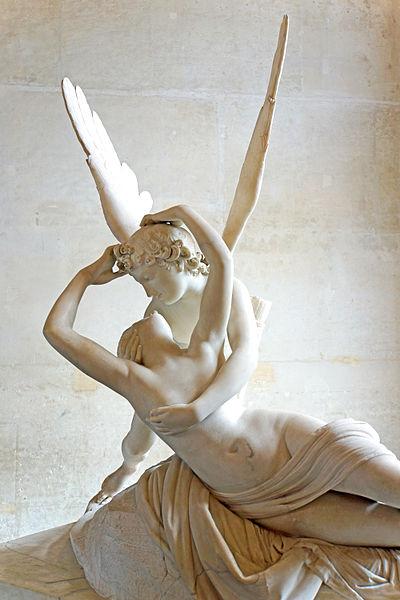
This is a course that focuses on how aspects of classic and early English literature are present within modern literature. This semester, we will consider the tale of Cupid and Psyche from Apuleius’s The Golden Ass (c. 2nd century CE). While it has frequently been read and rewritten as an allegory of the soul’s search for unity with the divine, it is also related to more earthly representations of love. It falls under tale type 425 in the Aarne-Thompson-Uther classification system, which connects it to fairy tales like “Beauty and the Beast” and its variants. These versions of the story raise questions about love and duty, desire and monstrousness. In addition to reading the original tales, we will read a range of poetry and short fiction that make use of the tales, by authors such as John Keats, Laetitia Landon, William Morris, HD, Liz Lochhead, Carol Anne Duffy, and Angela Carter. We will also read two or three longer words such as Charlotte Brontë’s Jane Eyre, C. S. Lewis’s Till We Have Faces, and Francesca Lia Block’s Psyche in a Dress.
Blended Delivery; Can Be Taken Entirely Online
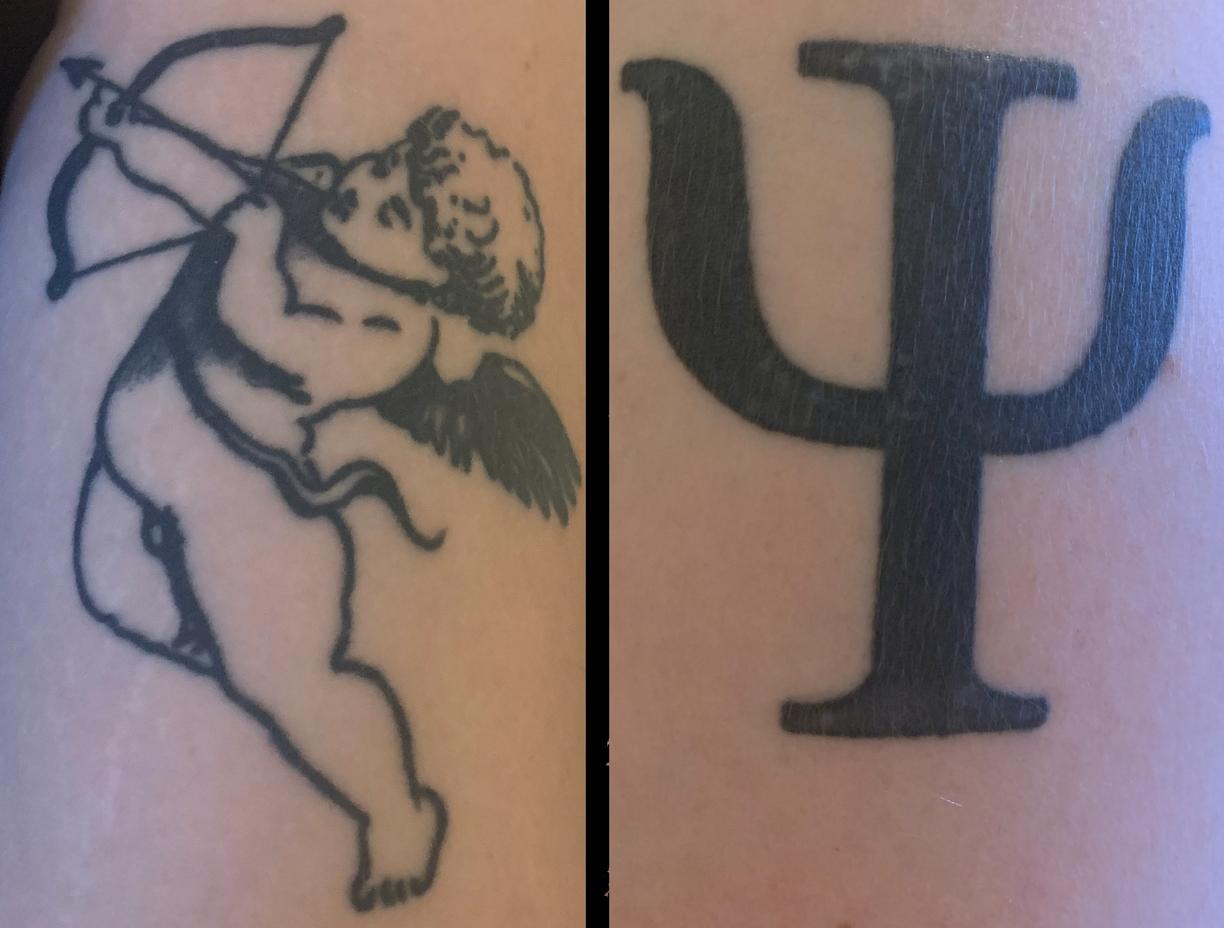
Another impact of literature: a student in ENGL 273, focused on the Cupid and Psyche myth, was inspired to mark his relationship with his wife with matching Cupid and Psyche (represented by the psi) tattoos. 😍
ENGL 280: Book Club: Banned Books
Professor Paul Watkins
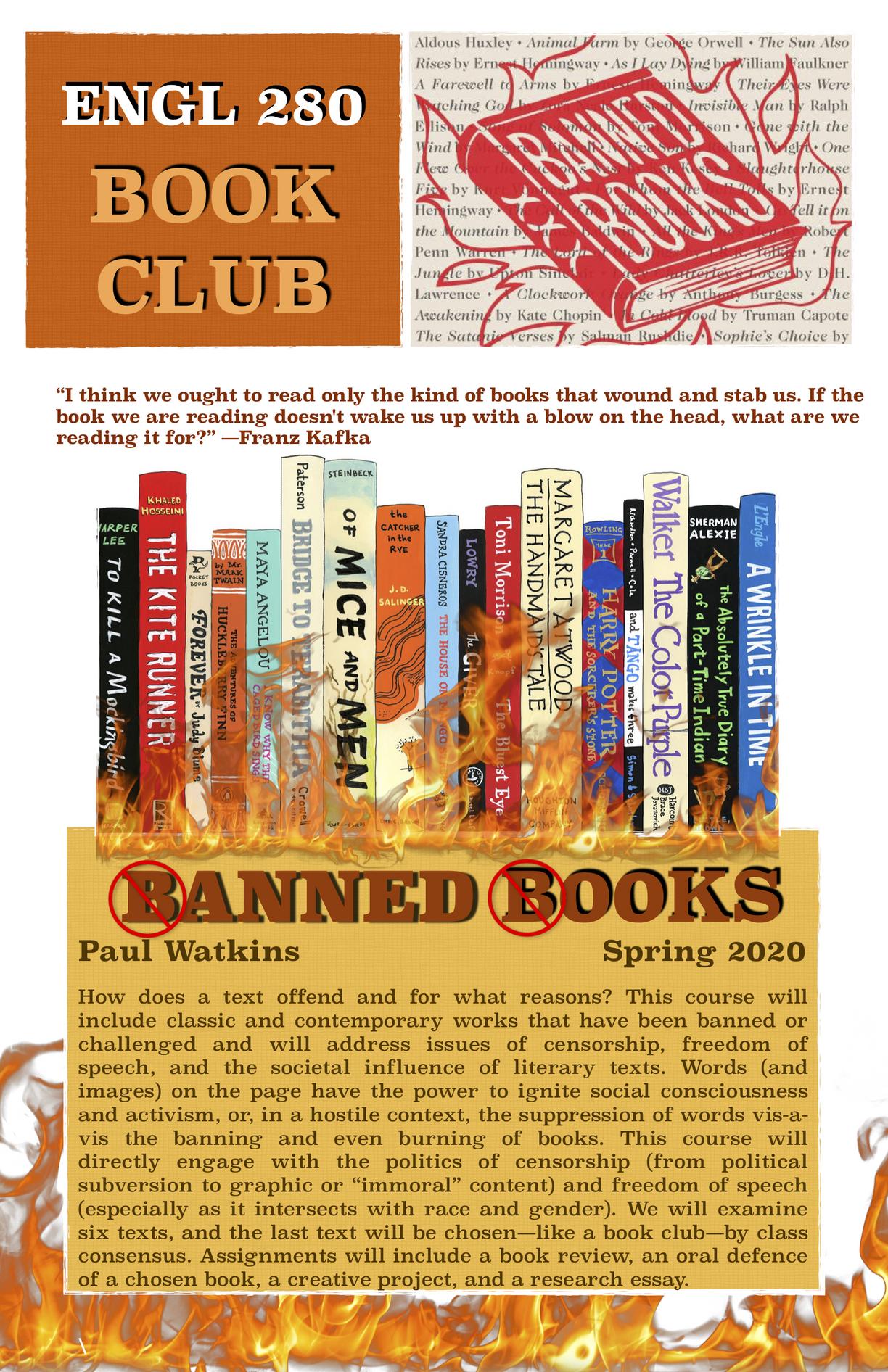
FILM 201: Film Studies
Professor Clay Armstrong
A continuation of Film 101, this course will strengthen critical perspectives on film by examining how narrative technique, acting, cinematography, editing, mise-en-scene and sound all work together to convey meaning. Students will study motion pictures that both establish and subvert filmmaking conventions in a range of genres including Gangster, Western, Historical Drama, and War. In addition to Genre Studies, we will introduce other schools in Film Theory and consider how events such as the #MeToo Movement and the rise of Netflix have impacted filmmaking. Screenings may include the work of Martin Scorsese, Chris Eyre, Joel and Ethan Coen, Spike Lee, Quentin Tarantino, and Kathryn Bigelow. Viewer discretion is advised.
